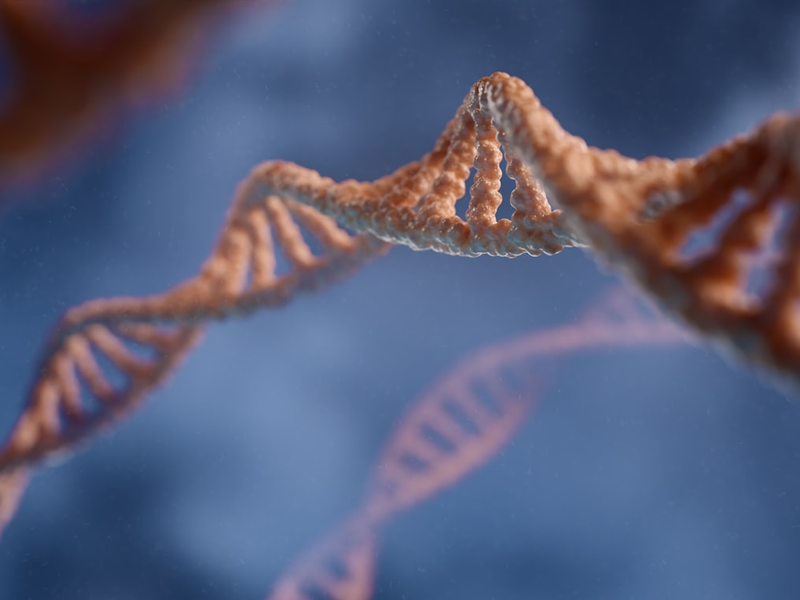Gene Editing is About to Get Revolutionary: A Single Treatment for Multiple Diseases?

Photo by digitale.de on Unsplash
In a groundbreaking development, scientists are on the cusp of transforming how we approach genetic diseases. Harvard biochemist David Liu is pioneering a potential game-changer: a gene-editing strategy that could treat multiple unrelated diseases with a single approach.
Currently, gene-editing treatments are highly specialized, targeting specific mutations in rare genetic conditions. While impressive technologies like Casgevy have successfully treated sickle cell disease, these treatments are often expensive and limited to small patient populations. Globally, over 400 million people are affected by approximately 10,000 rare diseases, making individualized treatments economically challenging.
Liu’s research focuses on two innovative techniques: base editing and prime editing. Base editing functions like a precise DNA spell-check, capable of changing single DNA “letters” with remarkable accuracy. Prime editing goes even further, acting essentially as a DNA word processor that can add, delete, or swap genetic sequences without causing significant disruption.
The most exciting prospect is Liu’s potential “disease-agnostic” approach - a single gene-editing strategy that could treat multiple unrelated diseases. This could dramatically expand access to critical genetic treatments, potentially helping patients with conditions that are currently untreatable.
“Genetic disease is not rare,” Liu emphasizes. “It’s actually more prevalent than cancer or HIV/AIDS. We urgently need ways to directly address the root causes of these conditions”.
While the full details are still forthcoming, Liu’s lab plans to release more information later this year. This breakthrough could represent a paradigm shift in genetic medicine, offering hope to millions of people worldwide struggling with rare and complex genetic conditions.
As gene-editing technology continues to advance, we might be witnessing the early stages of a medical revolution that could fundamentally transform how we understand and treat genetic diseases.
AUTHOR: cgp
SOURCE: Wired
























































